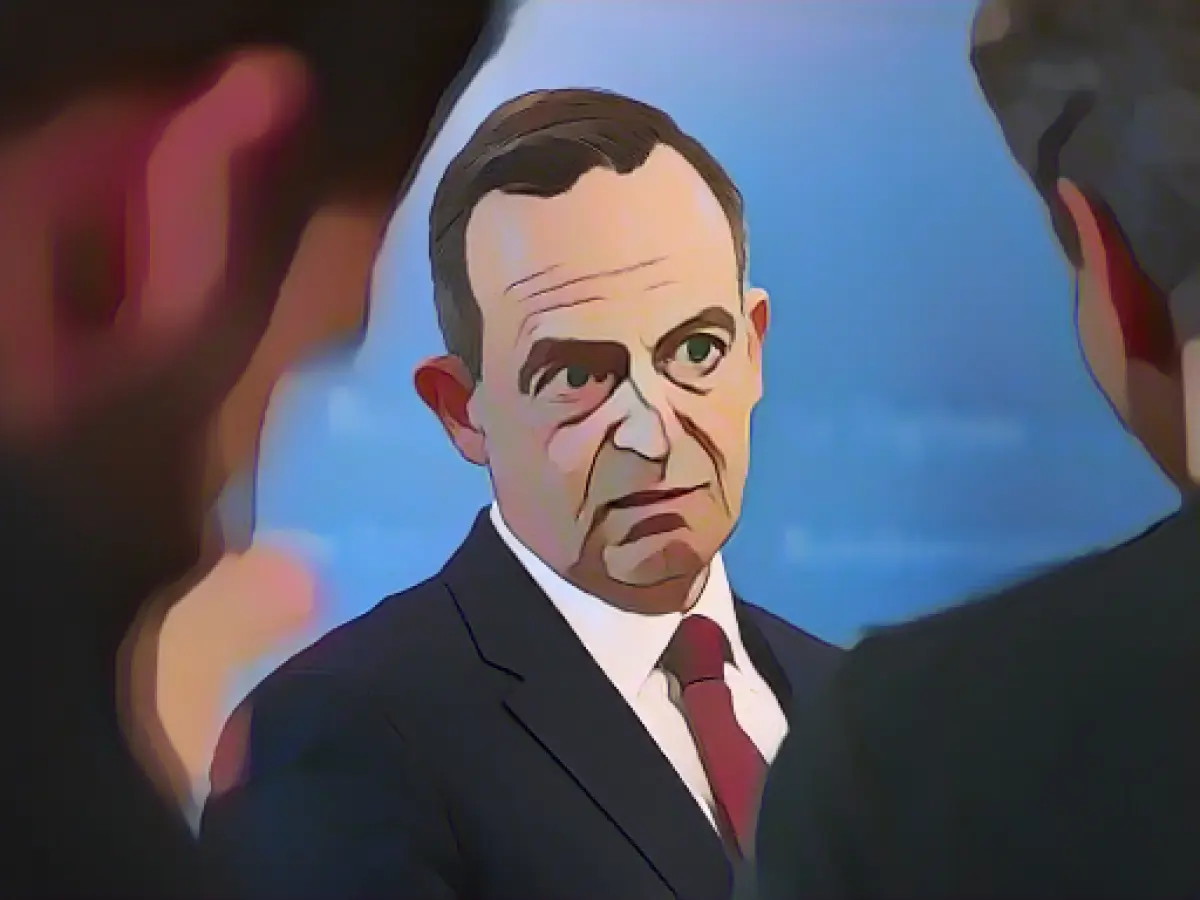Rail wage dispute: Wissing calls for "Christmas peace"
In the wage dispute between the train drivers' union (GDL) and Deutsche Bahn, Transport Minister Volker Wissing has warned against strikes during the Christmas period.
"Christmas is a time of peace - all parties to the wage dispute should think about that," the FDP politician told the Funke Mediengruppe newspapers. People want to visit relatives and friends over the Christmas period in particular. He could therefore only "appeal to all parties involved in collective bargaining to be aware of their special responsibility and to design possible measures in such a way that people do not have to suffer as a result".
The collective bargaining talks between the state-owned Deutsche Bahn and the GdL are to continue next week. GDL boss Claus Weselsky had threatened to strike before the start of negotiations last Thursday and had not ruled out industrial action over the Christmas period. Due to the strike threats, Deutsche Bahn has drawn up an emergency timetable with a greatly reduced offer. Long-distance services would then be less than 20 percent of the regular offer. In the event of a strike, however, Deutsche Bahn intends to use trains with more seats for as long as possible.
- Volker Wissing, the German Transport Minister, emphasized the importance of avoiding railway strikes during the Christmas traffic, as the railroad tariff dispute between Deutsche Bahn and the train drivers' union (GDL) could negatively impact travelers who wish to visit relatives and friends during this period.
- The ongoing tariff dispute between German Railways (Deutsche Bahn) and the GDL has resulted in Deutsche Bahn preparing an emergency timetable with significantly reduced long-distance services due to potential train driver strikes.
- During the ongoing wage dispute between the GDL and Deutsche Bahn, Tariff dispute resolution talks are scheduled to continue next week, with the GDL's boss, Claus Weselsky, not yet ruling out potential strikes and industrial action, including during the Christmas period, leading to increased tariffs and tariff dispute concerns.
Source: www.dpa.com








